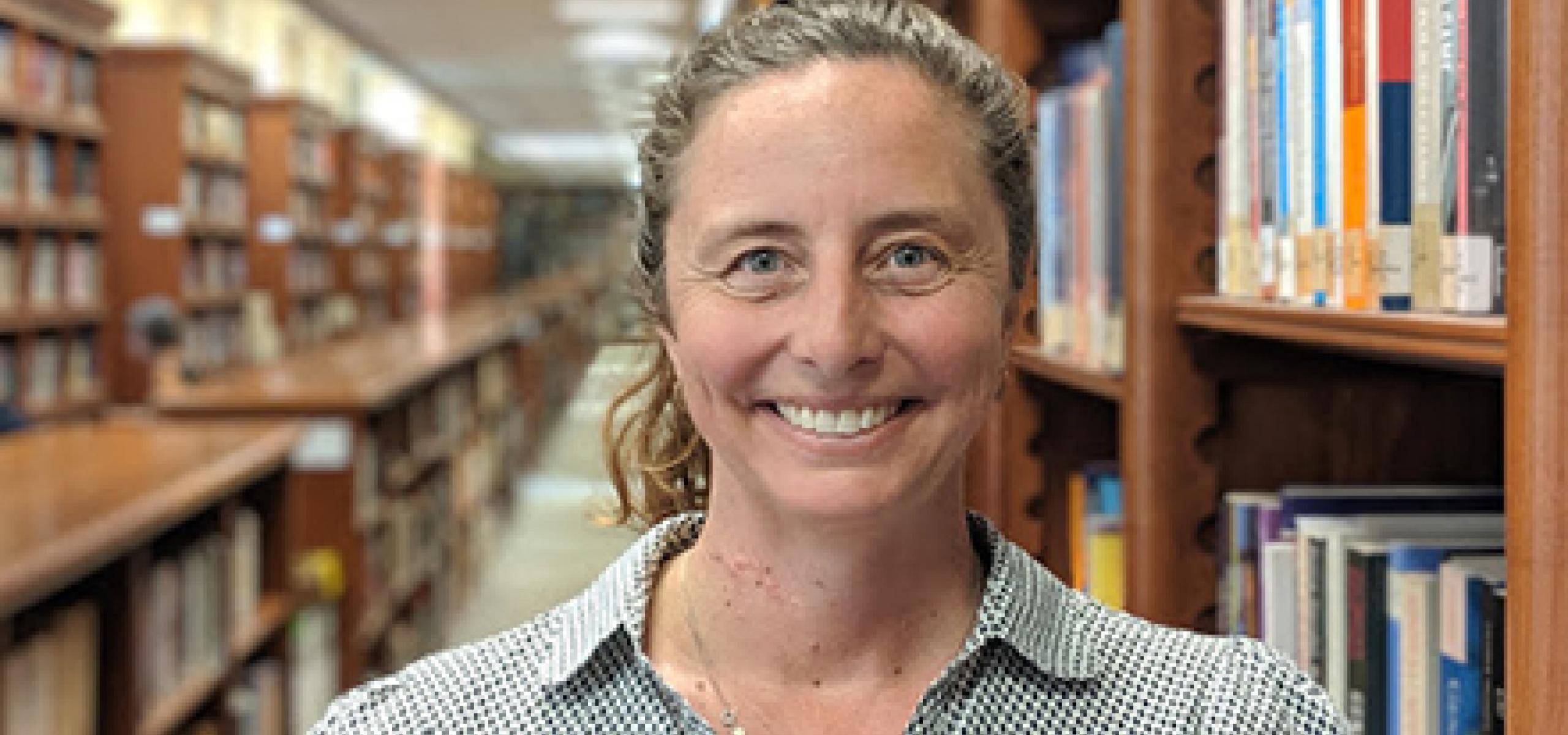
To mark International Women's Day this year we are celebrating some of the women who make our College a world-leading institution for legal education and research.
Dr Anne Macduff is a familiar face to many ANU Law students, having previously served as Sub-Dean for the Bachelor of Laws and Juris Doctor programs. As a legal scholar, she has a particular interest in researching issues of law and identity such as race, gender and sexuality. Dr Macduff’s interest in critically examining the way law excludes certain identities includes other areas of law, including tenancy, public law and family law. Her research also explores the way that legal education devalues difference.
What inspired you to get into your field of research?
I studied feminist philosophy and theories of identity as an undergraduate. I quickly saw that there were many ideas in this field that would help critically examine the discipline of law, its methods, rules and underpinning assumptions. Since then, I have been exploring these theoretical ideas about identity in different areas of law, mostly family law and citizenship law.
What is a teaching/research project you are currently working on that motivates you?
I am currently exploring how raced and gendered national identities are performed at citizenship ceremonies around the world. Citizenship ceremonies are interesting to me because they capture the moment where migrants change their status and become formal, legal members of a national community.
Who is a woman in your field you look up to?
Judith Butler is my favourite feminist theorist. Her theory of performativity was ground-breaking and has really helped explain and critique the casual forms of sexism, racism and homophobia that permeates our world. Some argue that her theory is pessimistic, but I think that her theory also contains a powerful, subversive politics.
What does International Women’s Day mean to you?
International Women’s Day is an opportunity to highlight what has been achieved, as well as what is yet to be achieved. Women are now equal participants in the paid workforce, but at the same time, there is still a gender wage. The awareness and impact of issues such as sexual harassment and domestic violence on women has improved, although the growing awareness does not seem to have decreased its prevalence. It is also a moment to reflect on how the women’s movement itself, its concerns, ethical orientations and political direction.
What advice would you give your more junior self?
I would encourage myself to speak up and not to give up too quickly. I think it can be difficult to have a voice in today’s world, where women are still frequently interrupted and whose contributions are often devalued or trivialised, often unconsciously by both men and women. But if change is ever going to happen, then a diversity of views need to be put forward. Change is not quick or easy, so it is important to persist until these diverse views are finally heard, understood and acted upon.
See more Inspiring Women of ANU Law